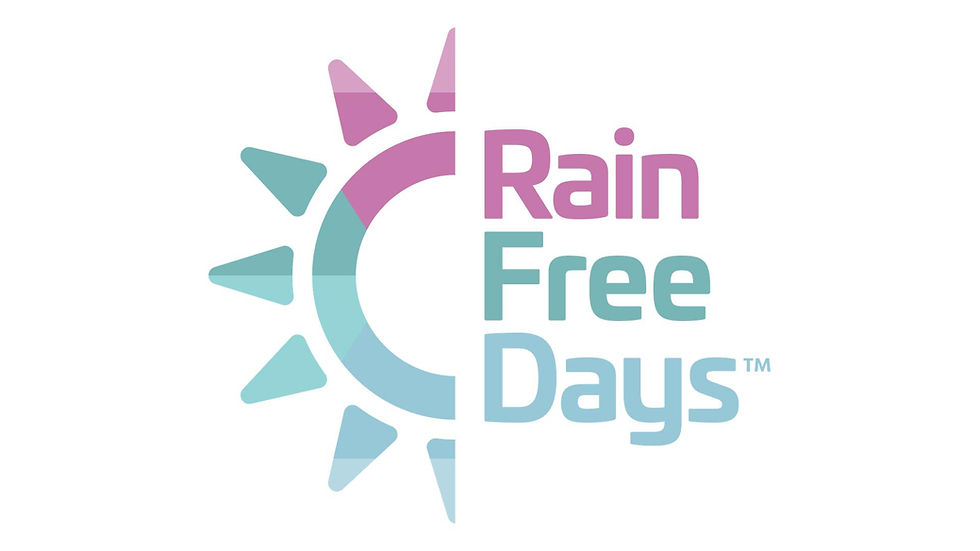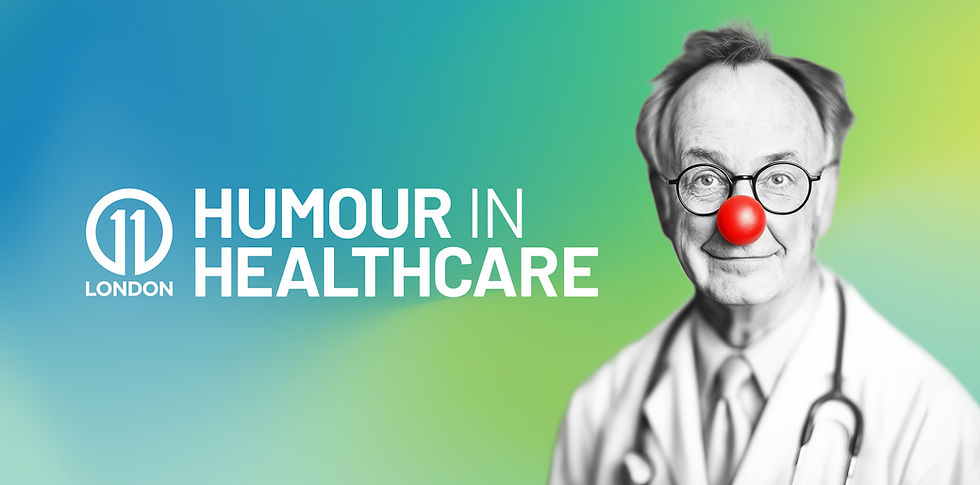Health tech: where the pandemic meets the personal
- matthewhunt123
- Feb 14, 2022
- 4 min read

Test, track and trace. Health technology is at the heart of the government’s new alliterative tagline, and utterly central to the next phase of managing Covid-19. The hope is that this technology will enable rapid analysis of the virus’ spread, help accelerate take up of new ways of working in the NHS, social care and Government, and transform monoliths of change into hives of early adoption. But with 20+ Covid-19 surveillance tools at last count, alarm at data, privacy and security issues are to be expected. So with our experience working with innovators in health tech we wanted to assess some of the opportunities and challenges posed by Covid-19.
Australia embraces tracking app
This week, more than 2.4 million people in Australia downloaded a Covid-19 tracking app as the country seeks to move into a new phase of pandemic control. Global tech giants Google and Apple were first out of the gate in March, announcing joint efforts to develop a global tracking ‘platform’. Not far behind, NHSX, the UK’s health service’s technology arm, confirmed a British version due to be launched in the coming weeks.
The NHSX app uses Bluetooth technology to alert users if they have come into contact with someone experiencing coronavirus symptoms. Once a user inputs their symptoms, the app automatically logs the distance between their phone and other phones nearby and provides advice accordingly.
Health tech innovations underway in the NHS
Over recent weeks, we’ve seen a huge uptake of health technology in the NHS itself to support social distancing and minimise human to human contact. Microsoft Teams is supporting remote NHS working, with use reportedly surging by more than 800% in March, while the NHS App is enabling access to patient support and treatment, with use increasing 111% in the same month. Repeat prescription requests went up by 97%, patient record views rose by 62% and people using NHS 111 online per day leapt by more than 5,000% in the same period.
Elsewhere academic and start-up innovations are flourishing. King's College London’s symptom tracker alone is asking its 2.6 million plus users to report symptoms daily to map the disease's spread while appealing this week to share the app with friends via Facebook.
Personal data, used for the greater good
This is health tech where data, when offered up willingly by patients, can benefit us all - and it’s an area that advertising and communication agencies need to embrace. For instance, Teva has recently launched Rain Free Days™ - a support app for migraine patients prescribed AJOVY®, allowing users to monitor and record their symptoms on their phone and – if they choose to - share details with their specialist. The benefits to patient, headache specialist and the migraine community at large are significant as progress can then be better understood by all, but only if people feel comfortable using it and see the benefit for themselves.
Others, such as Ada Health, have pioneered an AI based symptom checker enabling patients (and doctors) to get to a diagnosis much more quickly. Unsurprisingly they have been at the forefront of helping individuals spot symptoms of Covid-19. But at a macro level, they are also able to harness collective data which enables them to produce real-time population insights – identifying trends and controlling outbreaks by getting better information to those deciding health policy.
A third example, Abbott’s FreeStyle Libre Flash Glucose Monitoring System, enables people with diabetes to check blood glucose levels using an arm sensor. This reading is uploaded via a mobile app, for consented HCPs and relatives to review via a shared dashboard. If by sharing data people can enjoy greater freedom from the restriction of diabetes, then surely similar technology can provide a way through Covid-19, if proper reassurances are made on how information is used?
Soothing data concerns with ethical information management
Adoption and spread of health tech is not without challenge. Police investigations into recent phone mast fires, and conspiracy theories linking 5G technology to coronavirus, demonstrate the issues that come when signing people up to the health tech journey at scale.
When Covid-19 struck, the Government relaxed rules on sharing patients’ confidential data, requiring healthcare bodies to provide information to each other to help fight the virus. NHSX has now established an ethics advisory board to oversee the contact tracing app, with its chief executive committing to ‘publishing the security and privacy designs alongside the source code so privacy experts can ‘look under the bonnet’ and help us ensure the security is absolutely world class.’
Our experience shows tech can be as much of a health solution as any drug. And with the debate around its tech use and data exchange happening now, we must all engage in the conversation and ask as individuals and organisations, within the NHS, social care or at Government level, how we want to face this new frontier together.
About 11 London
11 London is an advertising and communications agency, based in West London. We work in the areas of health and humanity - with organisations, brands or products that improve or prolong life. To learn more about 11 London, please contact: matthew.hunt@11-london.com




